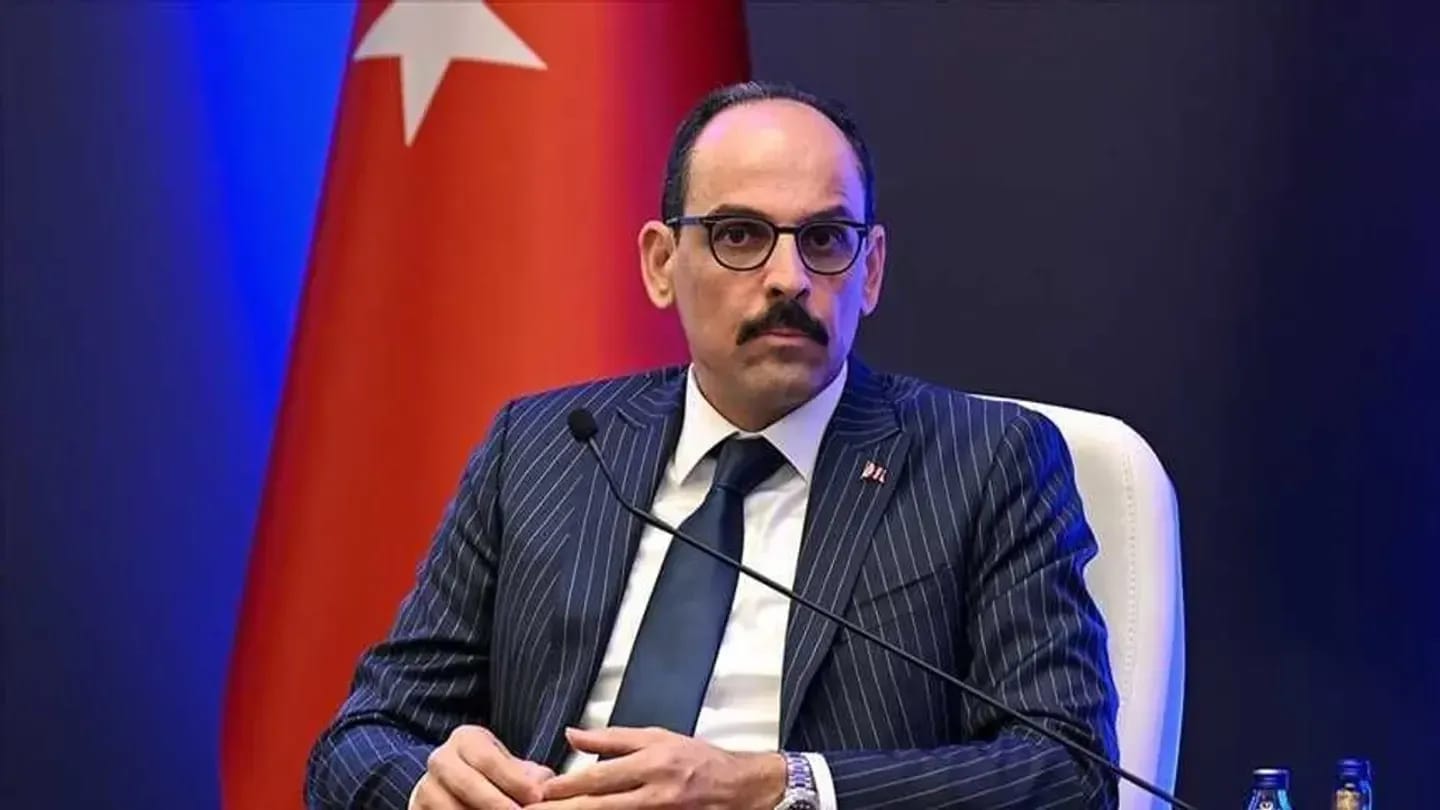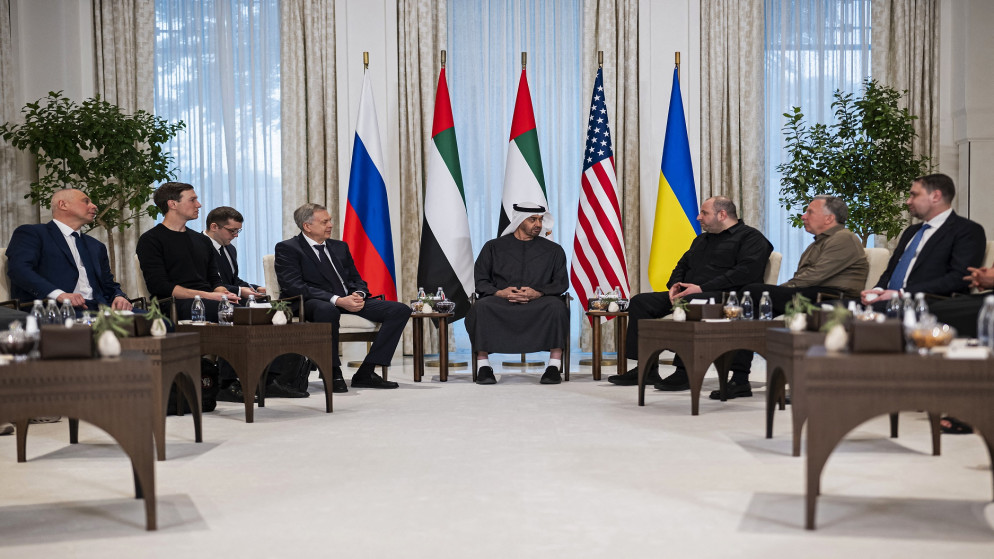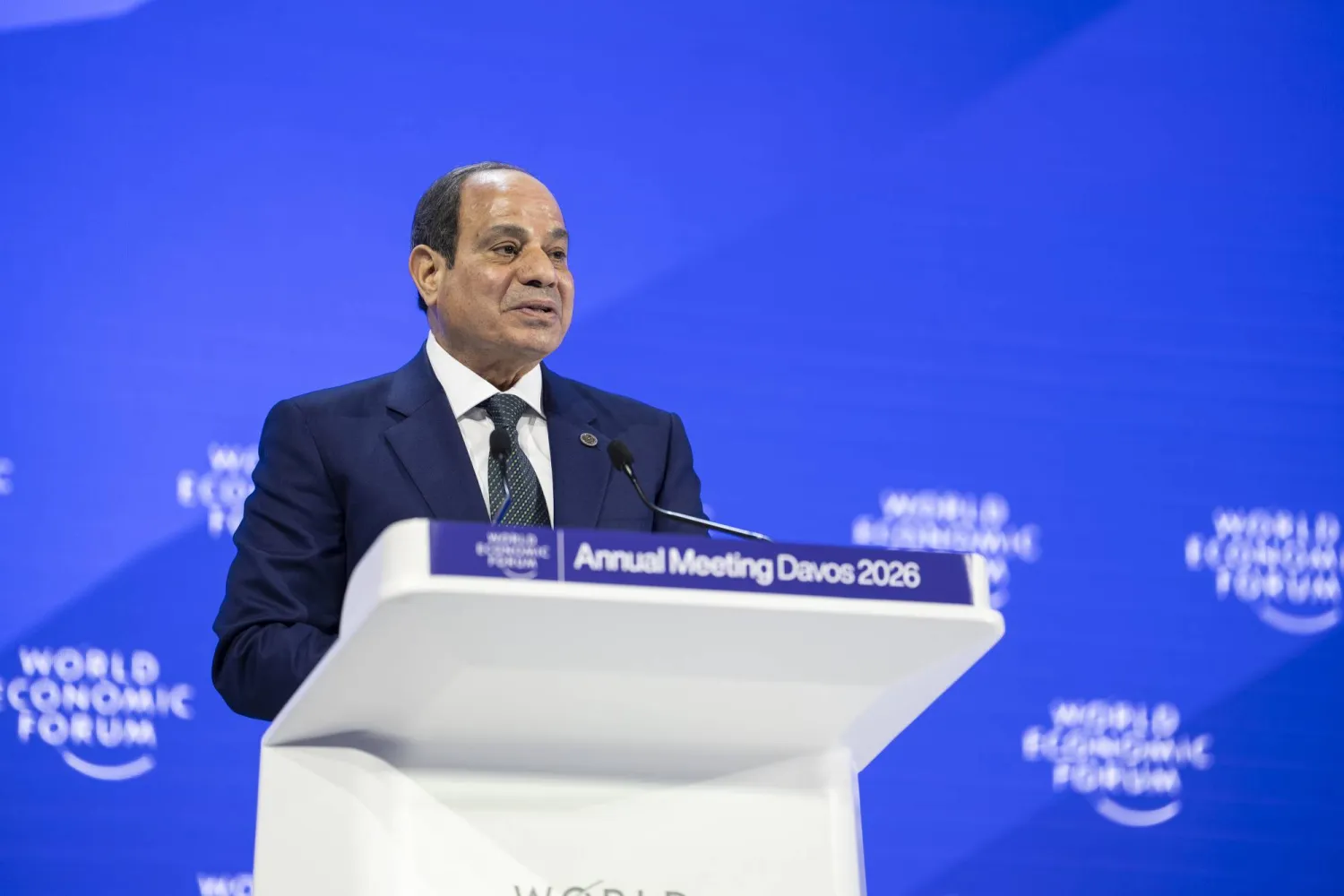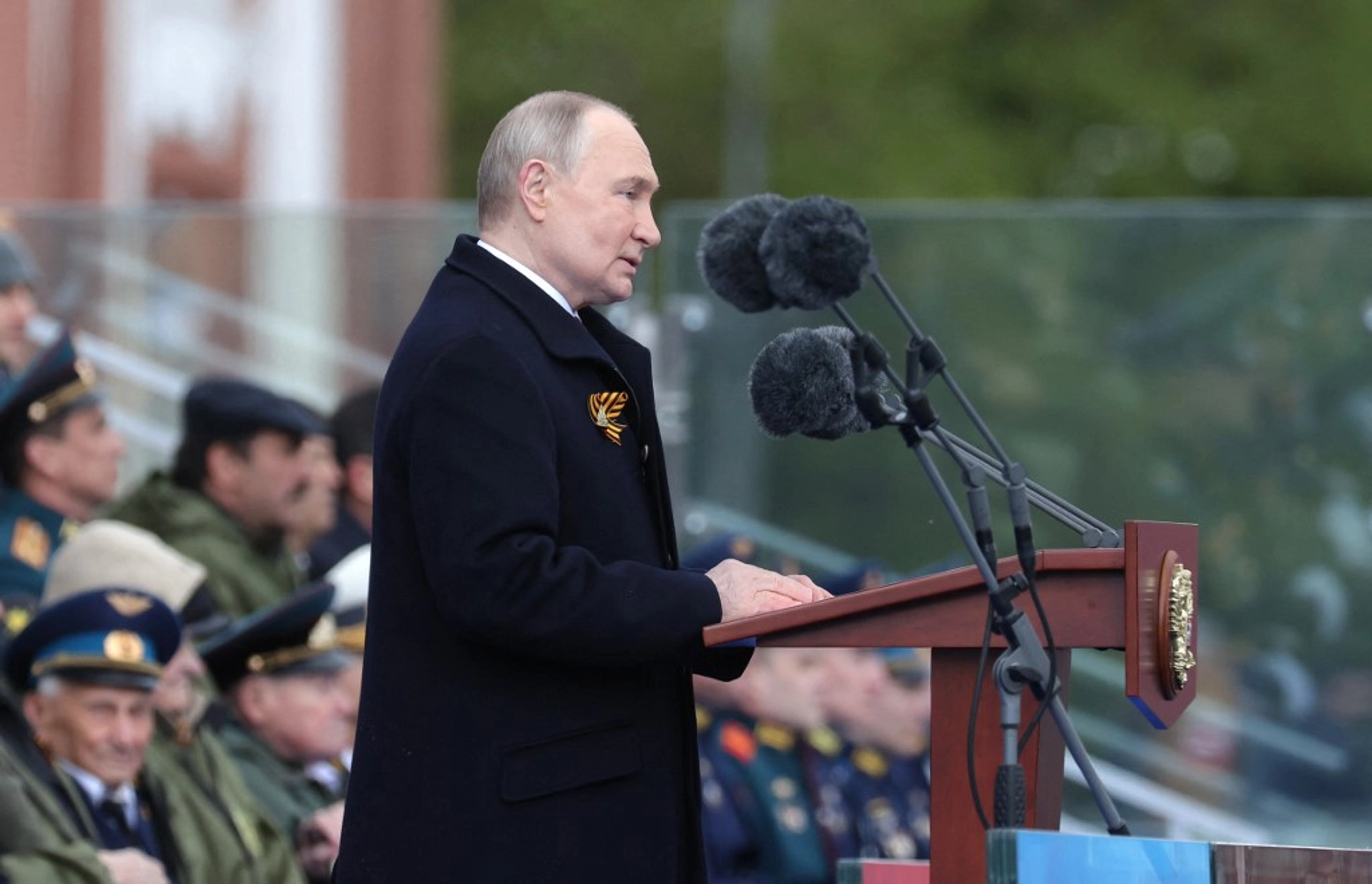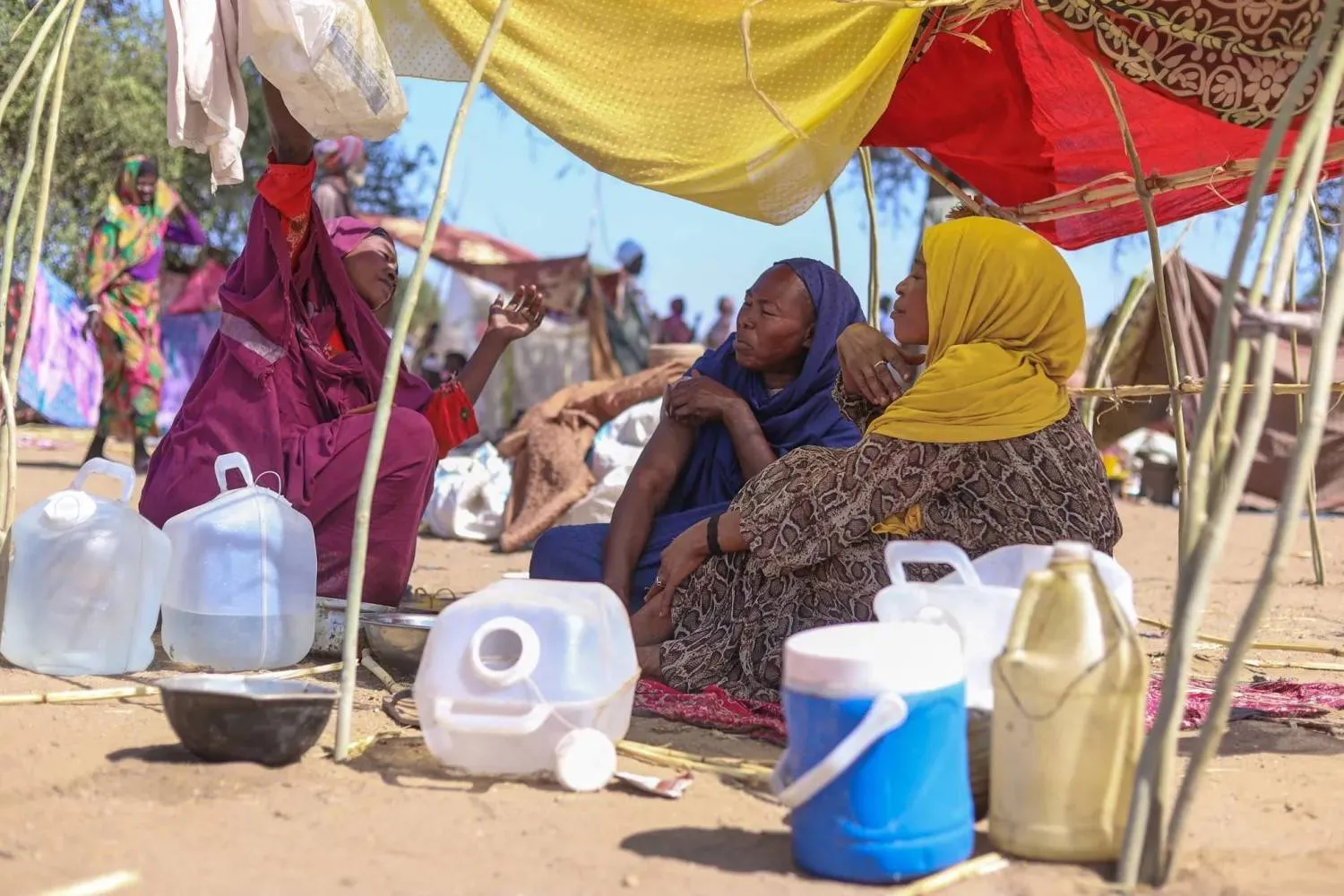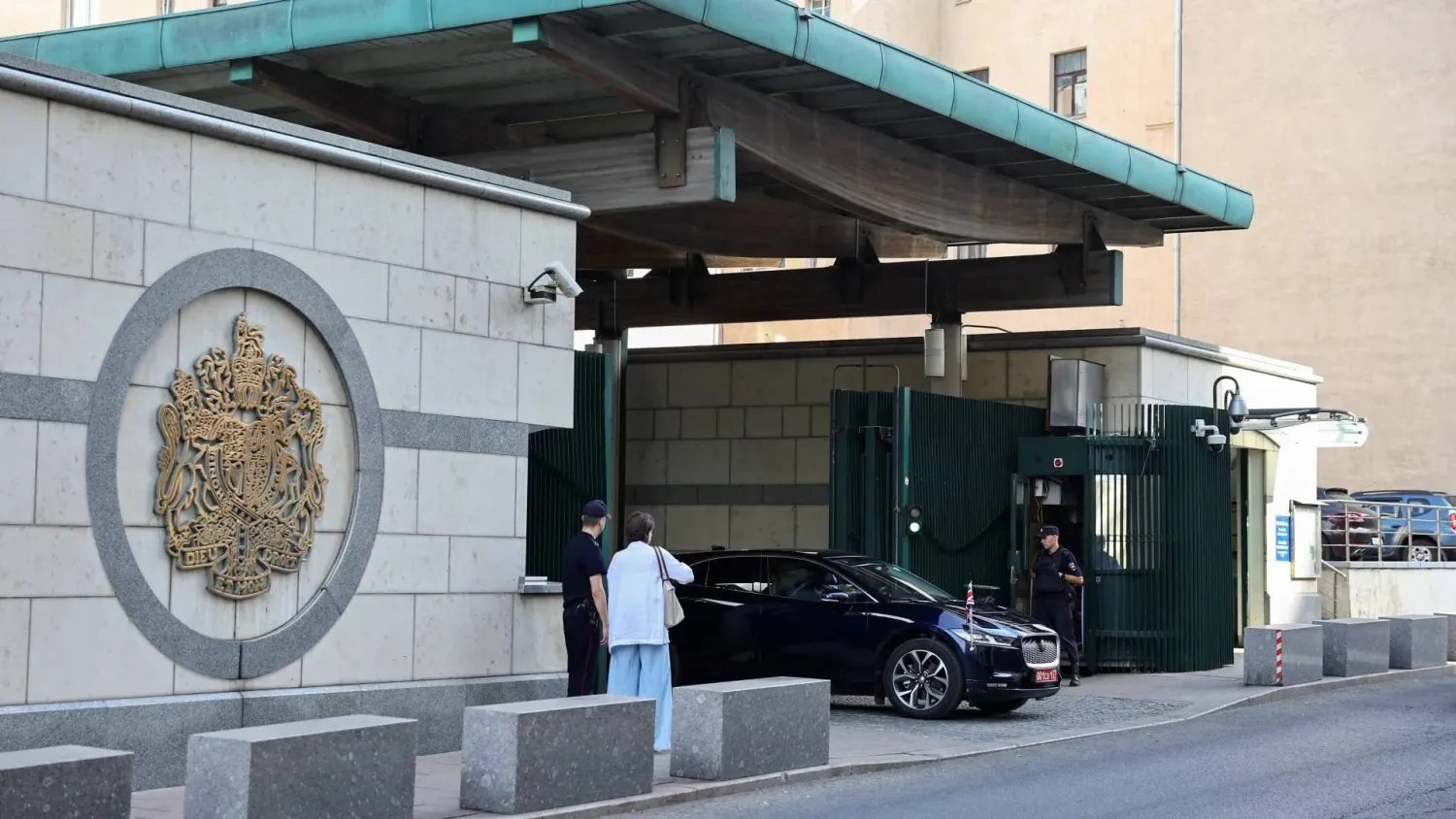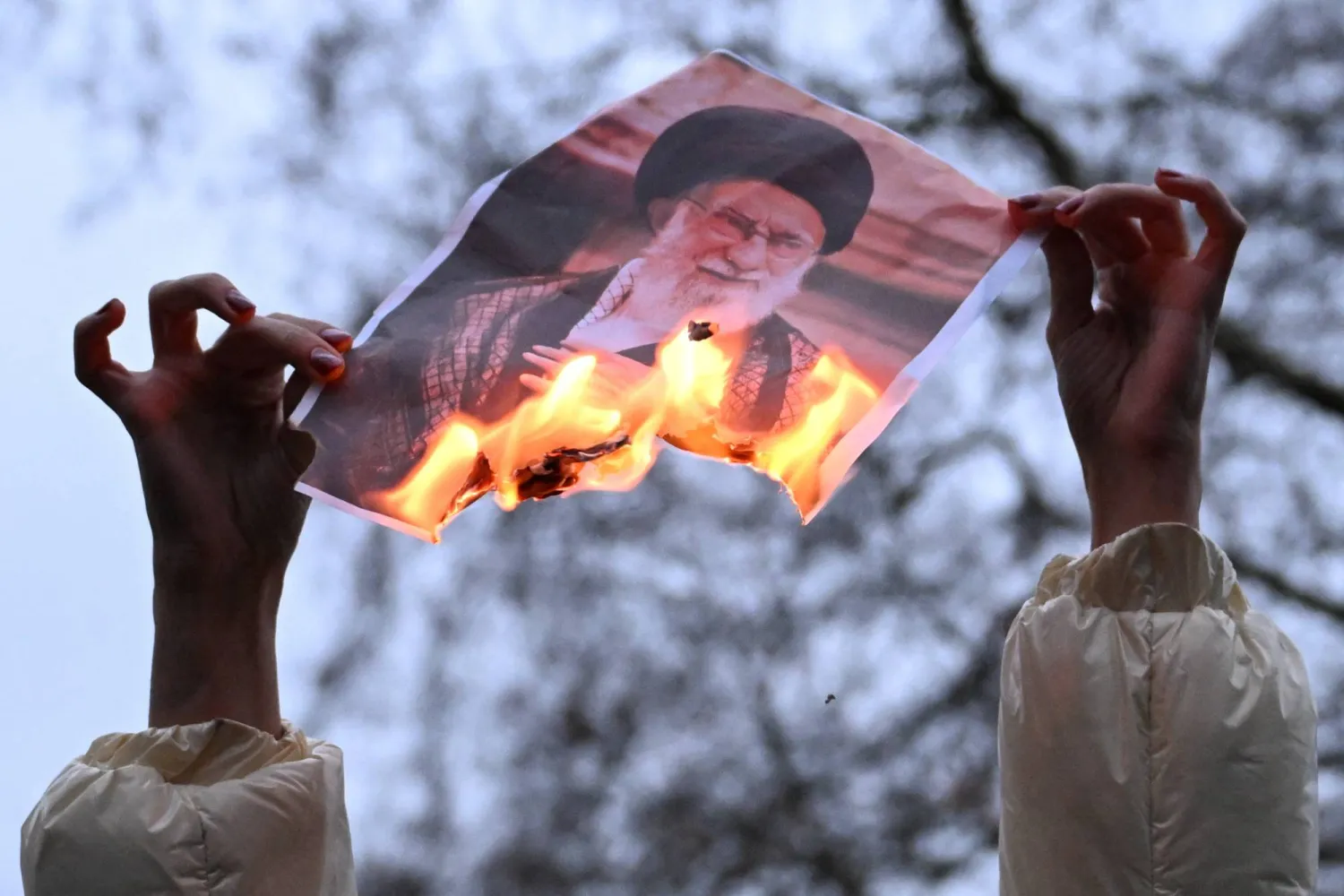Alsharq Tribune- Kyiv Post
President Volodymyr Zelensky and his aides on Monday said that a three-day truce announced by Russian strongman Vladimir Putin, to coincide with the sacrosanct anniversary of the end of World War II in Europe, was nothing less than an “attempt at manipulation.”
On the heels of an iconic and much-photographed meeting in St Peter’s Basilica this weekend between Zelensky and US President Donald Trump, after which the mercurial American leader said he had the impression that Russia was just “tapping him along” with promises of peace, Putin responded by announcing a three-day ceasefire from May 8-10.
Those dates coincide with a holiday that lives forever in Moscow’s memory: Victory in Europe, marking the defeat of the Nazis in 1945, a war in which the Soviet Union (including Ukraine) lost about 27 million people, between soldiers and civilians.
Kyiv was not impressed by the timing of Putin’s posturing.
“Now there’s a new attempt at manipulation: for some reason, everyone has to wait until May 8,” Zelensky said in his daily address.
Zelensky’s administration said that it wanted an immediate truce with Russia for “at least 30 days.”
“If Russia truly wants peace, it must cease fire immediately. Why wait until May 8th?” Foreign Minister Andriy Sybiha wrote on social media.
US Secretary of State Marco Rubio said this week that the coming days would be “critical” for determining whether peace was possible. The White House suggested that the pause Putin proposed was not sufficient, saying Trump had “made it clear he wants to see a permanent ceasefire first.”
Trump has been piling pressure on Kyiv to give up hopes of reclaiming Russian-annexed Crimea, even hinting over the weekend that Zelensky was prepared to do so. When asked in front of a group of journalists if Kyiv was prepared to give up Crimea, Trump responded: “I think so.”
Meanwhile, Russian delegates this week met with their BRICS counterparts to look for more ways to combat what they perceive as US hegemony in the world.
The economic coalition has expanded significantly since its 2009 inception as a group of four powers (Brazil, Russia, India and China) in order to seek an alternative platform to Western-led international organizations such as the G7. It now makes up nearly half of the world’s population, and 39 percent of global GDP.
At a summit last year, BRICS members discussed boosting non-dollar transactions, eliciting a swift rebuke from Trump who threatened them with 100 percent tariffs if they undercut the US currency.
Speaking to Brazil’s O Globo newspaper ahead of the meeting on Monday, Russian Foreign Minister Sergey Lavrov said BRICS nations planned to “increase the share of national currencies in transactions” between member states, but said talk of transitioning towards a unified BRICS currency was “premature,” AFP reported

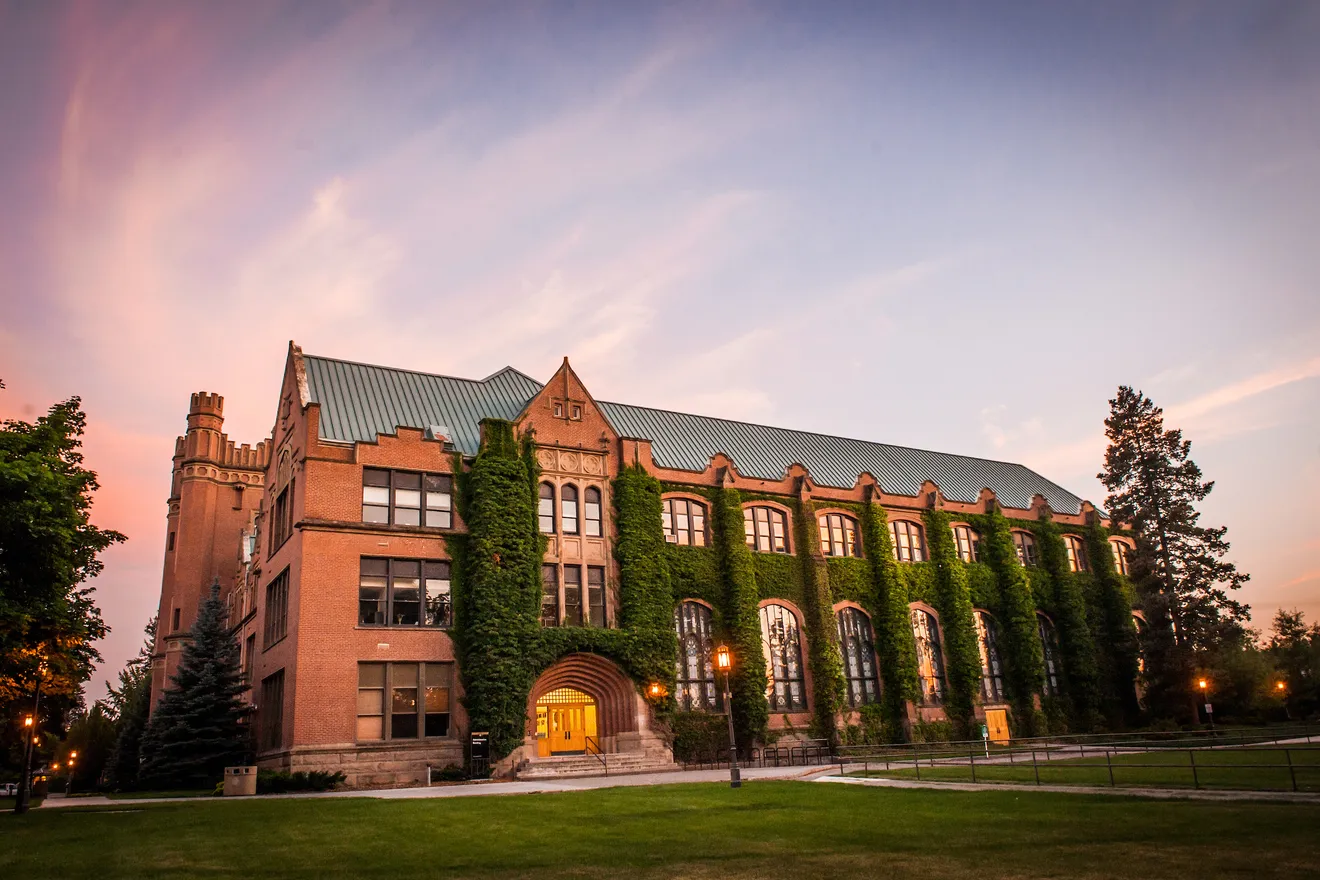


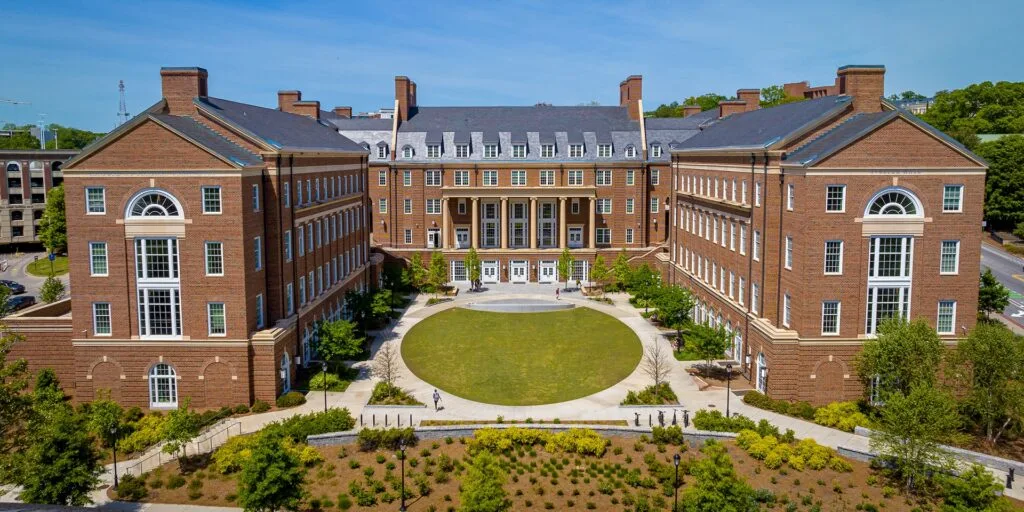



.png?locale=en)


